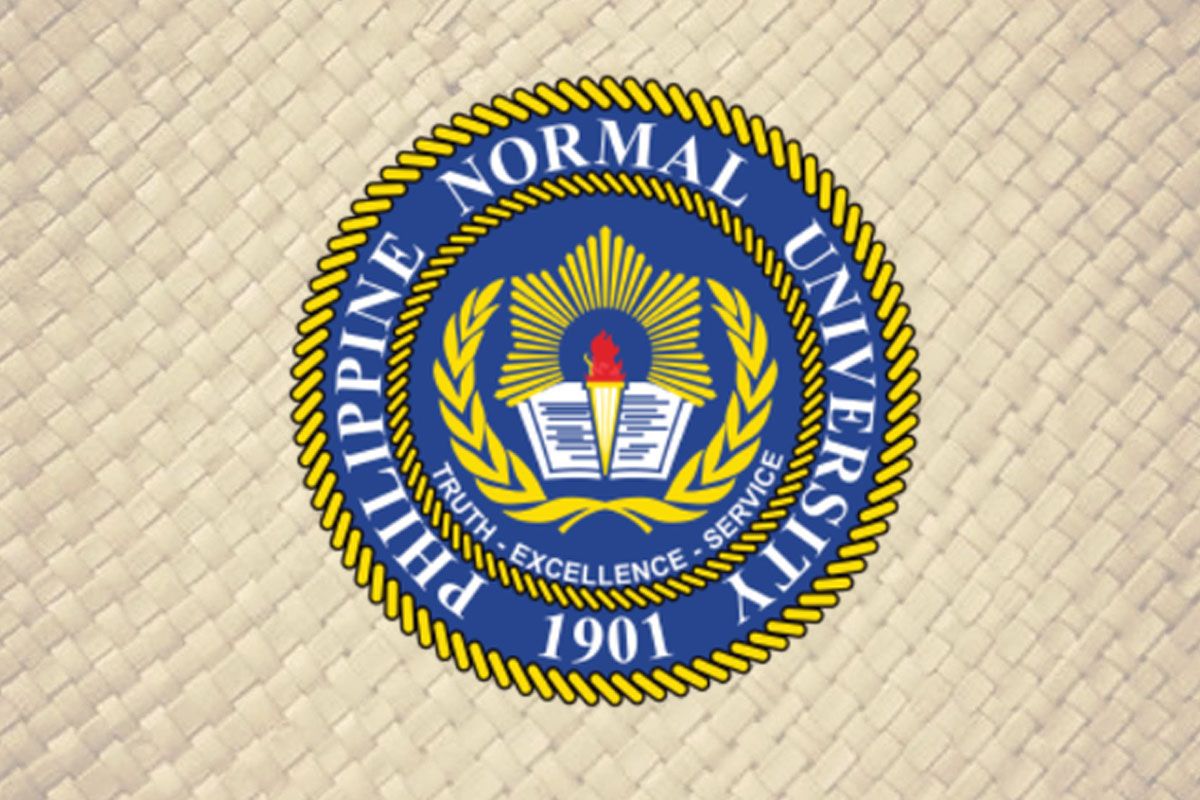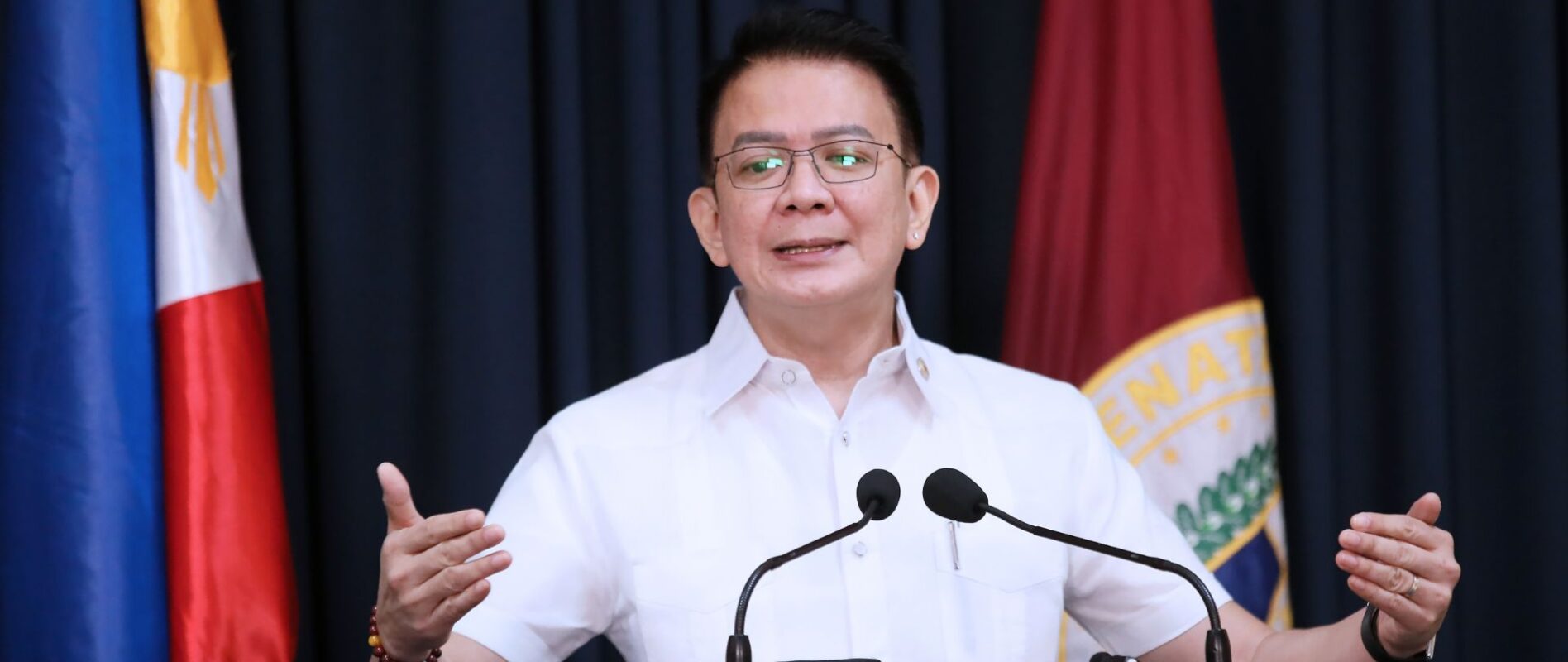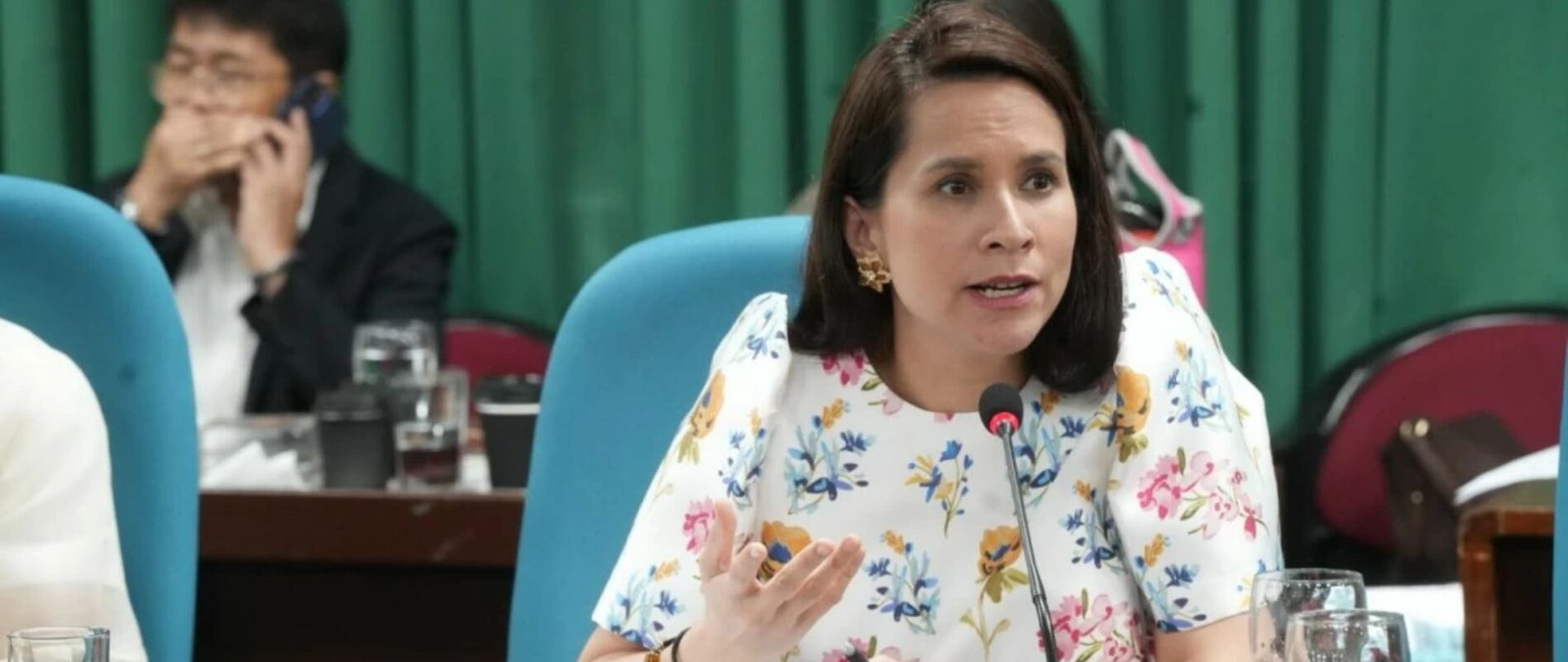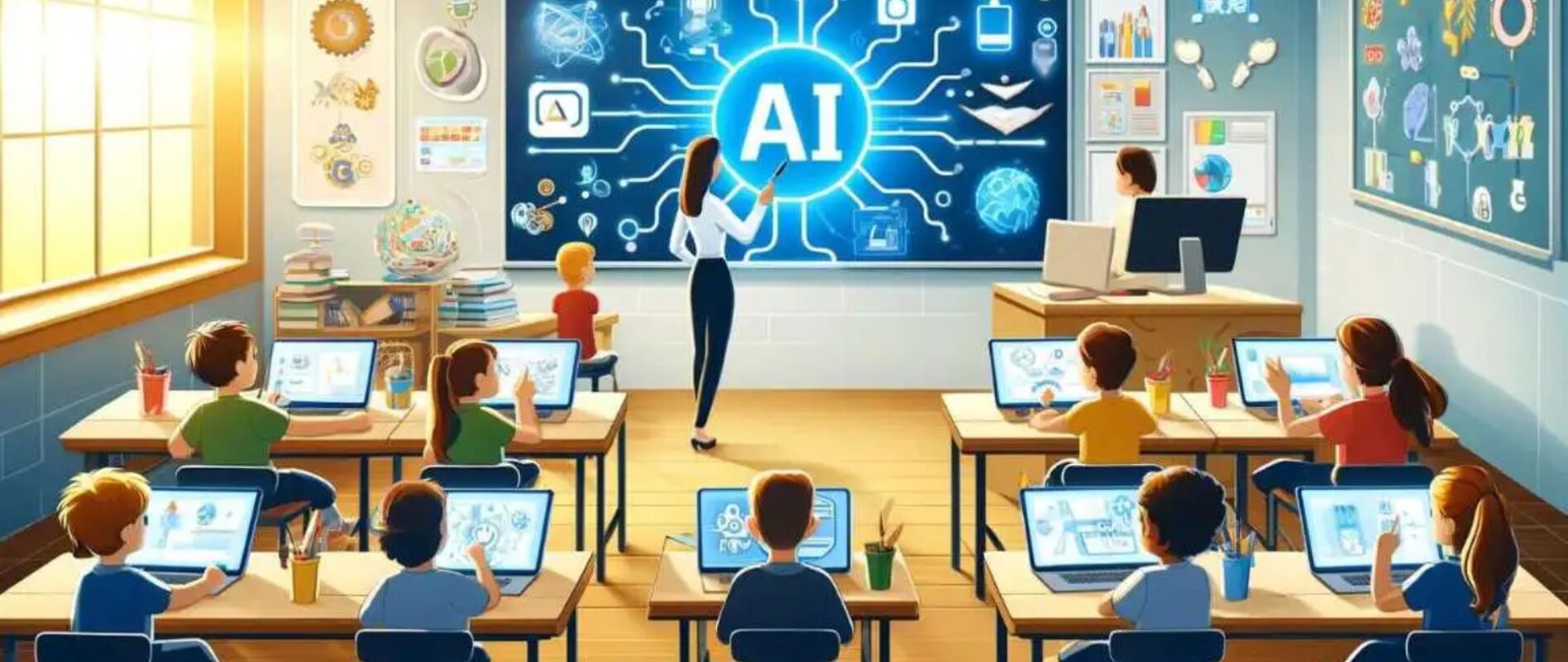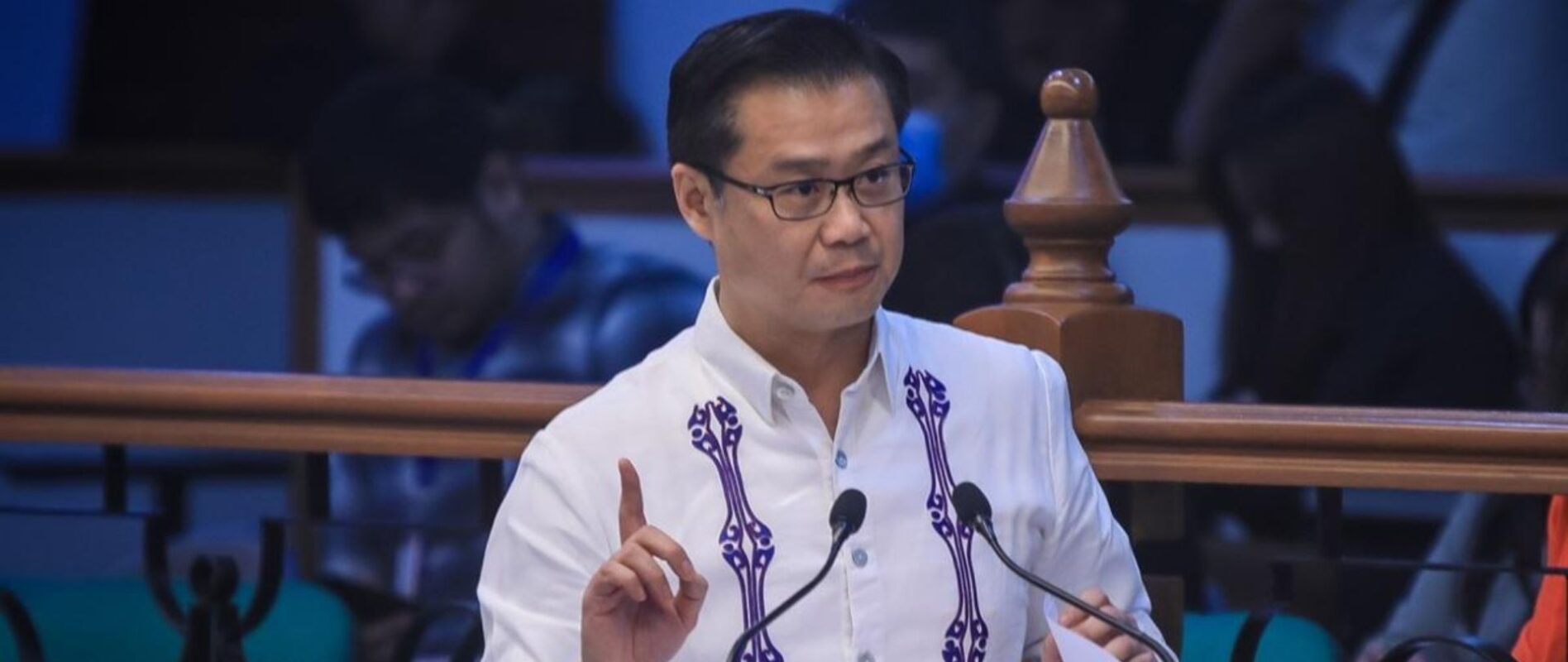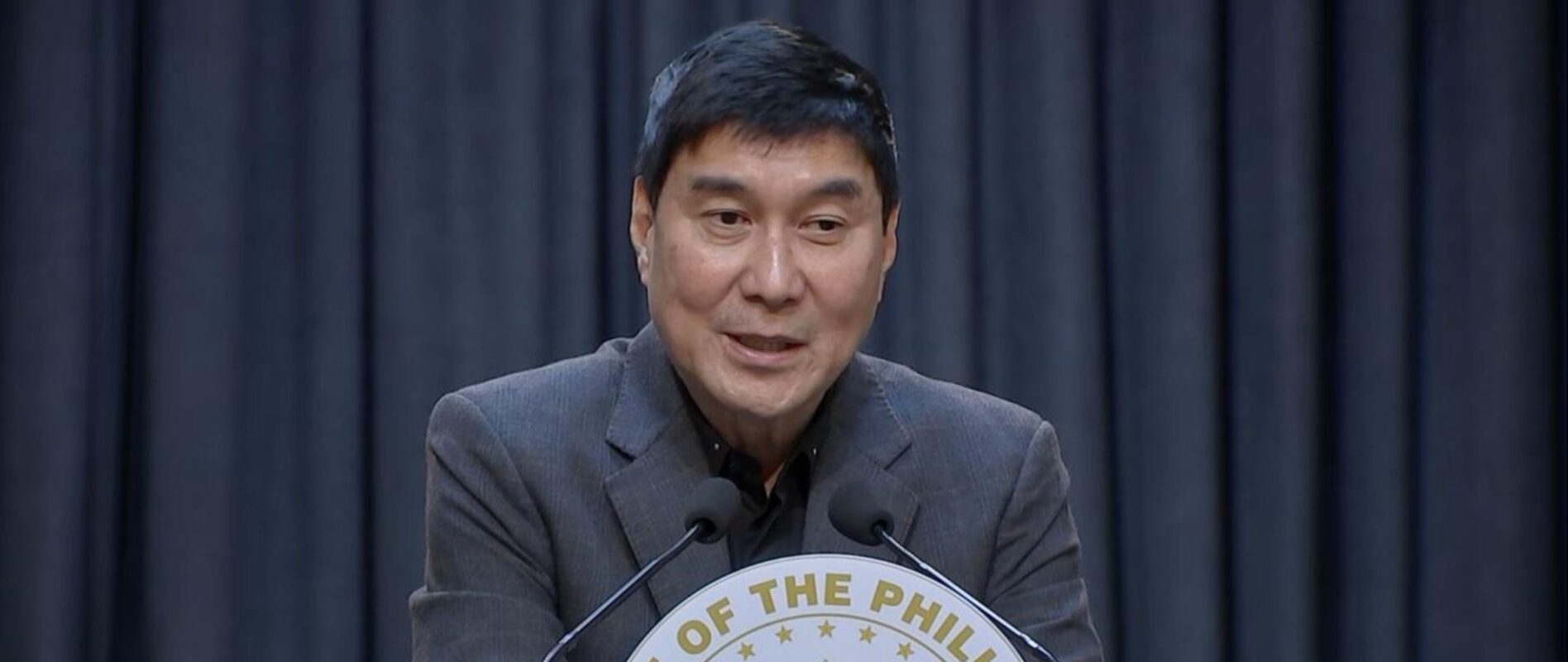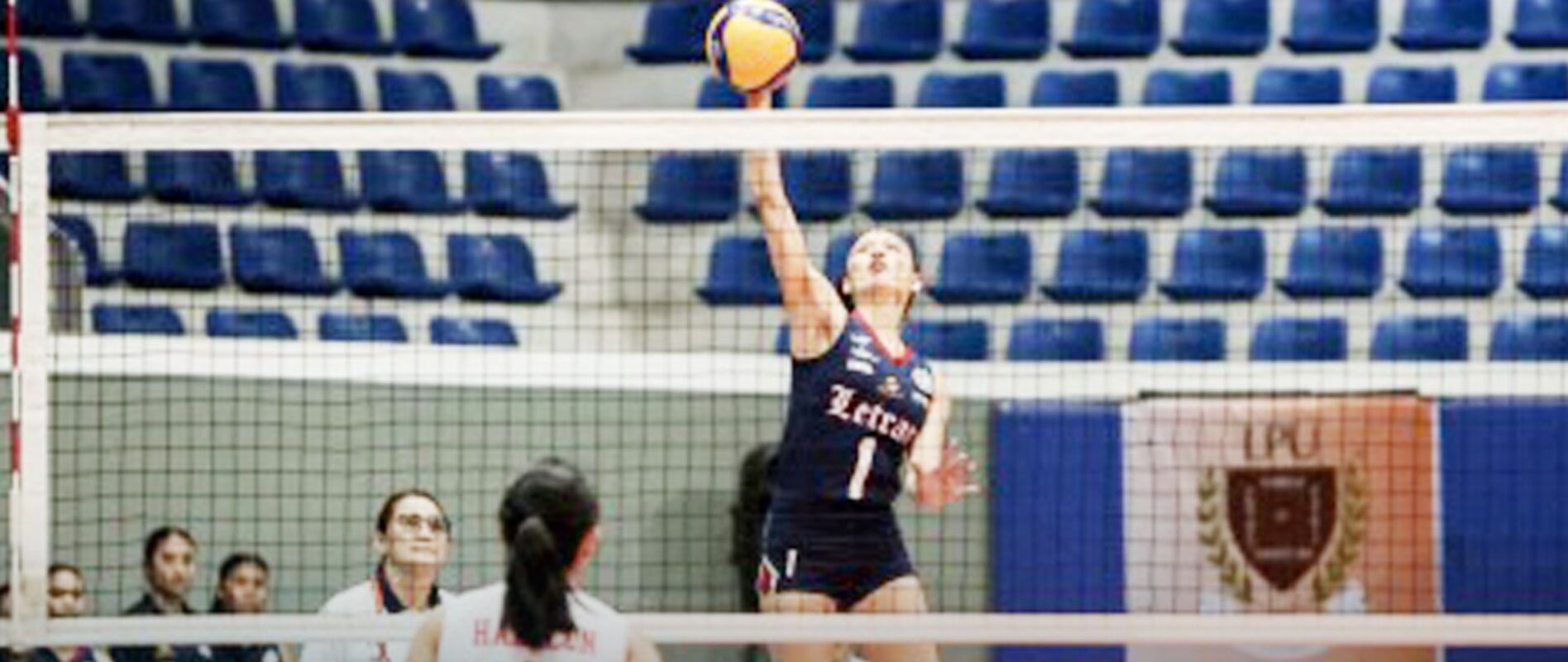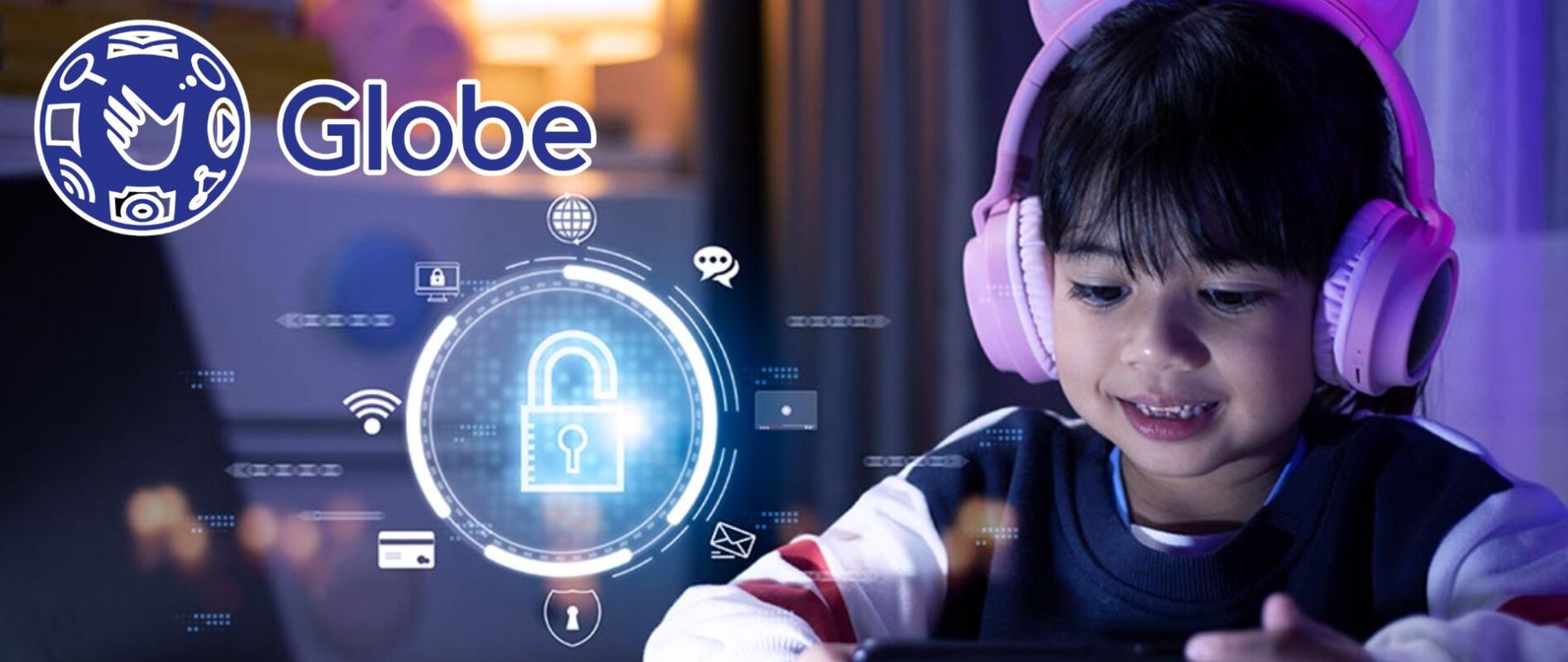PNU URGES GOV’T TO STANDARDIZE OPERATION OF DAYCARE CENTERS
THE PHILIPPINE Normal University urged the government to standardize the curriculum and operation of daycare centers nationwide.
PNU said that the standardization of operations of daycare centers should be legislated.
“The Department of Education should mandate how the operations of these daycare centers should be, what learning services they should offer, and how these can be carried out,” according to the PNU research compiled by Dr. Edna Luz Raymundo-Abulon in ‘Policy Implications for Basic Education’, PNU said.
“More formal training needs to be given to teachers who work in day care centers. While early childhood education courses may prepare teachers to handle preschool children, the children in day care centers are much younger and are in a different developmental stage,” Abulon said.
PNU also asked the government to ensure training of teachers of Madrasah (religious school for Islam) and promote technology use to ensure the success of K-12 early education. The report also indicated an important need for more trained teachers in Madrasah.
The study of Madrasah among Muslim Filipinos has been integrated into the K-12 basic education curriculum. However, teachers of Madrasah have been found to have limited training on pedagogic skills (teaching methods and styles).
PNU’s report is a compilation of researches from 2010 to 2020. It covers 89 published researches in recognized refereed scientific journals and 38 research reported to the Educational Policy Research and Development Center.
The PNU study also revealed technology has been found to be very useful in 21st century teaching. The crisis made even basic education institutions resort to online learning even among young children and young adults.
The PNU research compilation also noted that institutional or administrative problems continue to hound the basic education sector.
Despite some problems in early learning and basic education, it acknowledged important programs that may be replicated to improve early learning or K-12 basic education in the country.
“Teachers in basic education should be encouraged to develop creative and innovative instructional materials that would capture their students’ interests. Trainings/workshops that would provide teachers with skills and opportunities on doing innovative instructional materials are also suggested,” Abulon said.
“Children’s gifts and talents must be honed and supported early, and programs such as Headstart (Leaño & Malano, 2019) can be an exemplar in realizing this goal. Policies must be enacted to support the development and implementation of such programs,” Abulon added.
“Early learner teachers should have more training on teaching by observing pupils’ behaviors. Behaviors of young pupils may determine whether they are having difficulty in learning. For example, reading difficulty of Grade 1 learners have been noticed through their irregular behavior such as hand, armhand, shoulder-waist, and waistfoot; approximate behaviors,” Abulon said.

